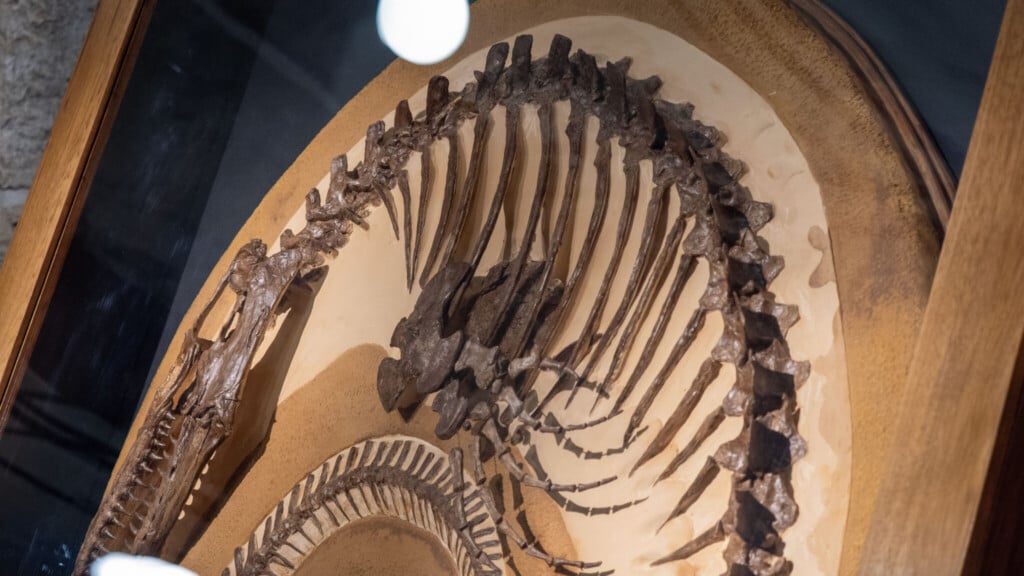Fashion startup Covey means to make conscientious couture


“Slow fashion means buying less, spending more and having it longer,” Sarah Hicks tells me. She and her business partner, Monica Rojas, believe in slow fashion, but they’re relying on speed to launch Covey, their fashion line. Their $6,000 Kickstarter campaign ends July 14.
At press time, they were almost there, which means that by this fall, KC could be home to a kind of anti-Forever 21.
“Cheap fashion has so many more costs associated with it than what you see on the price tag,” Hicks says. “If you pay for a shirt to be made in a sweatshop in Bangladesh, you’re also paying for a footprint on the environment. It’s being shipped all around the world and being made of nonrecyclable fibers. Eventually it will sit in a landfill somewhere and pollute the planet.”
Much as demand has increased for locally raised, organic food — and transparency in the process by which it ends up on your table — more people want to know where their clothes come from. Exactly what materials make up your pants? Who sewed them? How is it possible that you get the second pair free at Target, when the first pair was just $20? And how soon will both of them fall apart?
“There’s a lot more quality control that goes into a garment that people expect to be able to wear for years versus two months,” Hicks says.
And, in theory, far fewer horror stories. Rojas’ interest in slow fashion was aroused by the 2013 Rana Plaza garment-factory collapse in Bangladesh that killed more than 1,000 people. It drove home for her the human cost of inexpensive, mass-produced clothing. She taught herself to sew, and she’s one of Covey’s listed designers.
So your Covey shirt, both women say, would have a story — not one that ends in a garment-factory collapse, but one about where the organic cotton was harvested and whose idea it was to make the dye out of avocado skins.
That quality control is at the center of Hicks and Rojas’ Covey. They intend for it to be a slow-fashion beacon, selling men’s and women’s apparel made by independent designers — showcasing several from the Kansas City area — whose aesthetic, Hicks says, favors “modern, minimalist” style. Think long black skirts; flowing shirts; and thick, monochromatic scarves.
Hicks got to know the local grassroots design community when she moved to town after working for a garment manufacturer in California. “There are so many awesome designers here that are creating clothing and leather goods all by hand,” she says. “When I started looking at the garments and how they came to be, I got to know the people behind them. I really want to support the people in the fashion industry.”
Hicks and Rojas select designers based on how each garment is made, with a focus on sustainable manufacturing processes and materials. On the Covey website, icons next to each item will tell each garment’s story — whether it was made with recycled fibers, natural dyes or organic materials, or whether a portion of the proceeds goes to charity.
“You’ll know exactly where it came from and how it was made,” Hicks says. “I don’t know of many other retailers that make it that easy to find out what you’re actually buying.
“It comes down to having a bigger-picture perspective,” Hicks adds. “Spending $10 more on a shirt might mean supporting another person who made it, or you might only need to buy two of an item, whereas before you’d go through five in the same amount of time.”
Buying organic, recycled or handmade goods sometimes costs more than just an extra 10 bucks, but Covey’s proposed prices aren’t ostentatious. According to the business’s Kickstarter, T-shirts would go for $50, a maxi skirt for $100. And if one Covey T-shirt lasts three times as long as a typical mall purchase, the benefit seems obvious.




